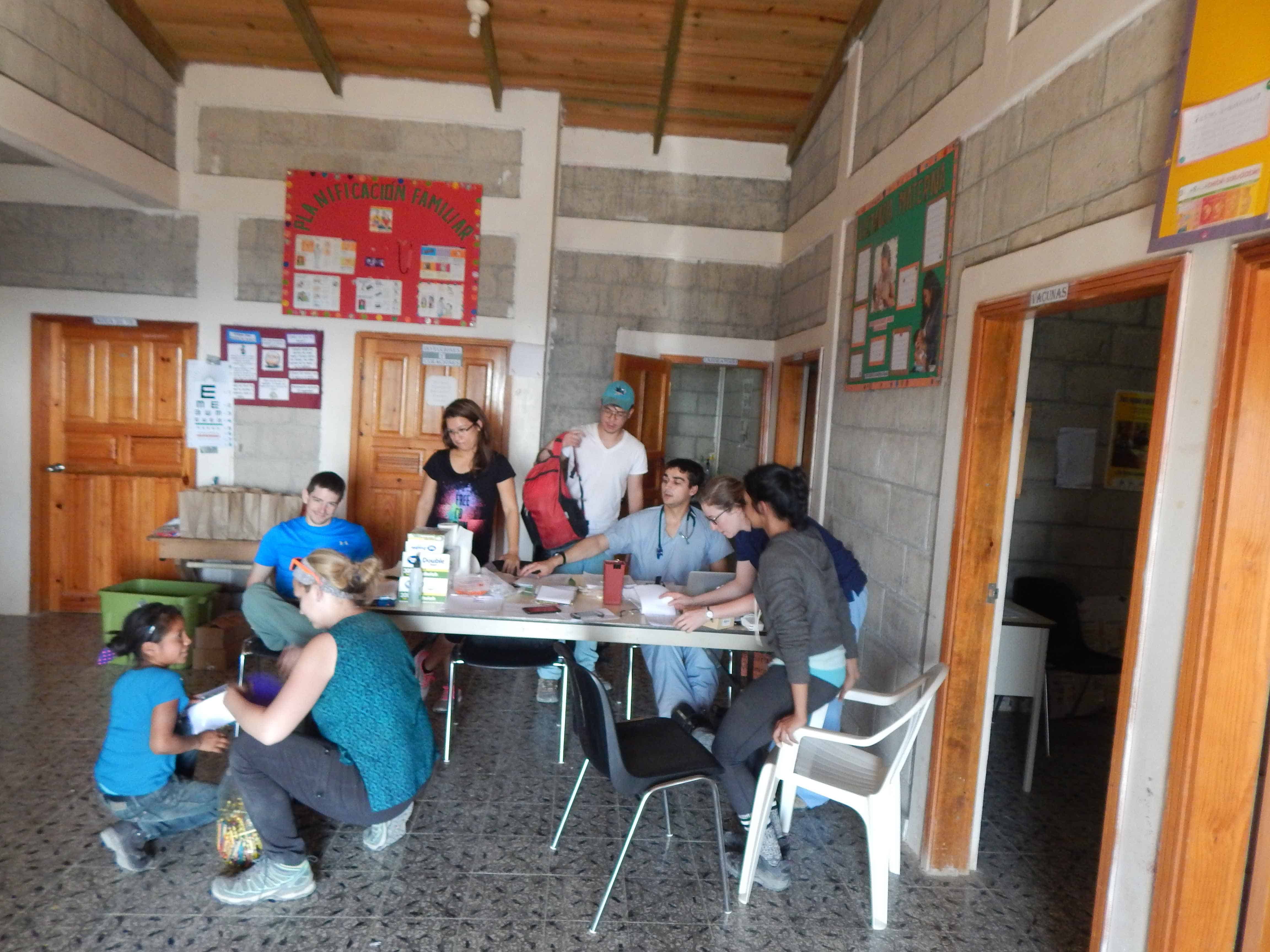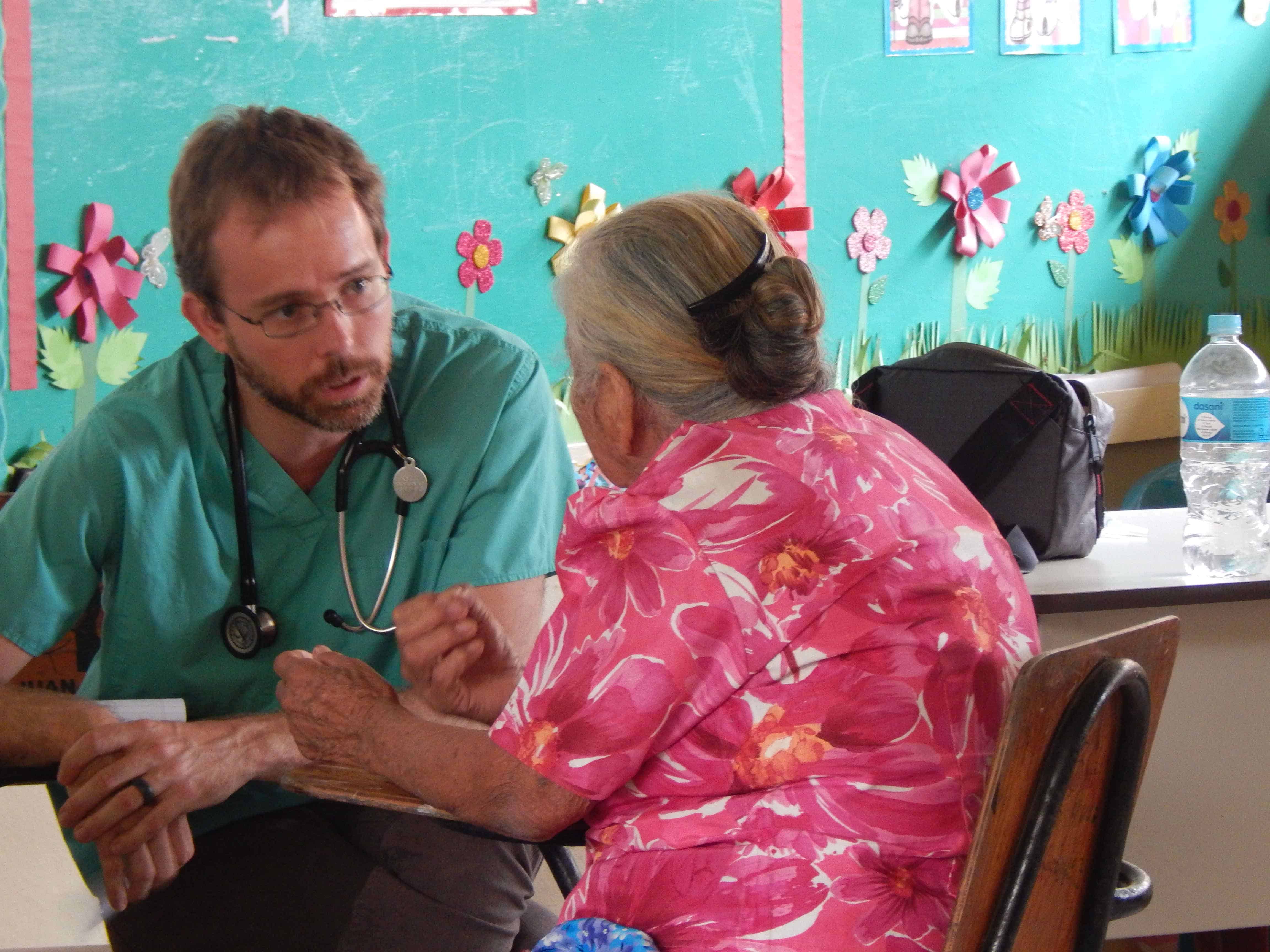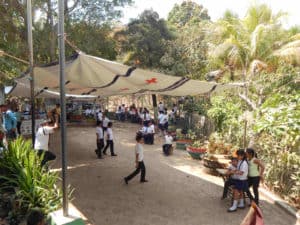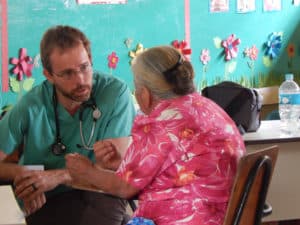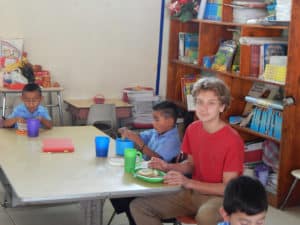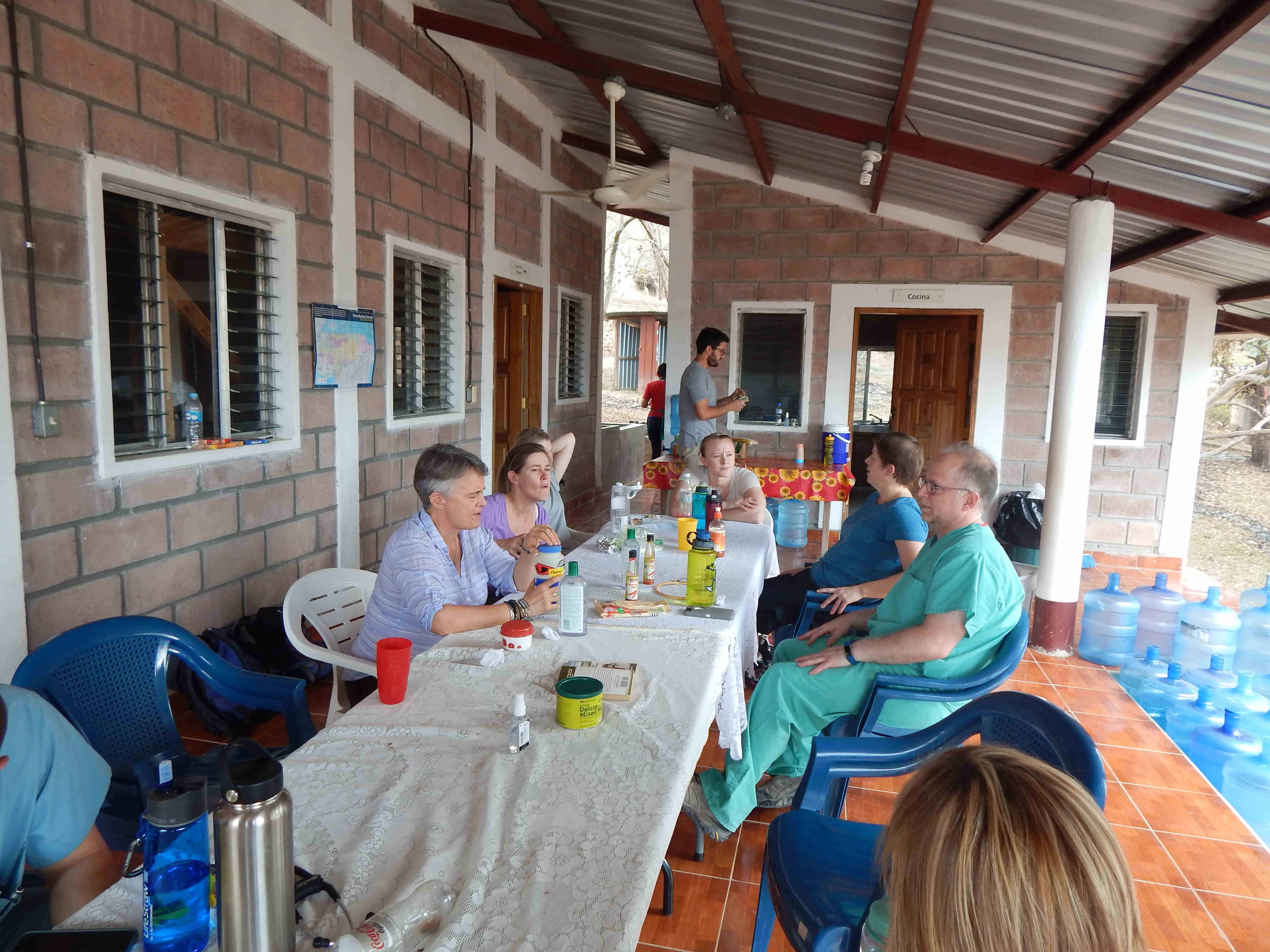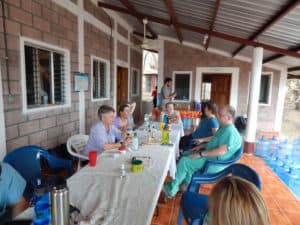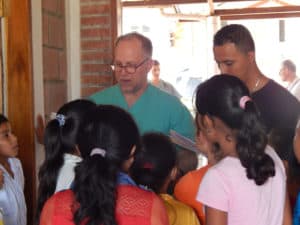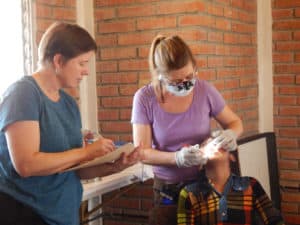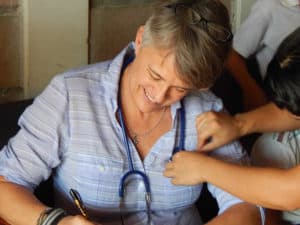“As the crow flies…” is a great expression, probably a little bit overused in the US. We don’t hear the expression here in Honduras very much. Primarily, I guess, because we don’t have too many crows. We do have vultures, “zopilotes” we call them, and they fly across the mountains with great ease. Perhaps that’s more the reason why the expression doesn’t get used that often here. It is just a little too depressing to think on how quickly a zopilote crosses from one mountain peak to the other, a matter of a minute or two, and then to think that the same trip takes up to an hour or two in a four-wheel drive pickup. It’s just a little bit too humbling to think that nature is that far ahead of human ingenuity. Here, the terrain and the elements of the natural world continue to present tremendous challenges to human dominance. Perhaps not so much in the US. Here, we prefer to not remind ourselves how much easier it is to be a crow or a zopilote.
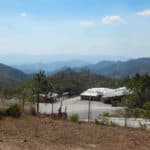
The Frontera is a really small place, less than 700 square kilometers, smaller than El Paso, Texas. But, there are no straight lines and nothing is ever level. One goes north to arrive at a destination to the south, or up in order to go down. This counterintuitive travel is yet worsened by roads that would not merit the designation of a road in the US. Steep volcanic mountains are breathtakingly beautiful, but living within them is hardly practical.
San Marcos de La Sierra is the first municipality that one encounters in the Frontera, driving south from La Esperanza. The road here is still at a high elevation and one doesn’t really see any evidence that people live here. Virginia Commonwealth University and Fairfax Family Practices have been coming to this area three times a year for many years. They were just here once again. We dropped them off at the school and clinic in Pinares and we came back about a week or so later to pick them up. If we didn’t know what they do while they are there, we might assume they just hang out and admire the tremendous vistas they are privileged to view. But we do know better.
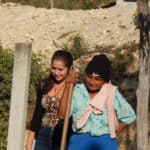
Hiding behind those mountains, across ravines and beyond the treacherous slopes, are about 9000 residents. Few of them make their way to the health clinic. This is not surprising. They are poor, simple people. They have all they can do to maintain a small home and, if they are fortunate, a small plot of land on which to farm. They travel to a river for water. They collect wood for a fire to cook humble meals. They battle daily with a harsh, unforgiving environment so that they can stay ahead of a mortality curve. They remain unseen, forgotten, abandoned, invisible if you will, except for the zopilote vultures that circle their heads. If anyone is going to know these people, if anyone is going to care for them, treat their illnesses, recognize their dignity, then it demands going to them. They can’t come to us.
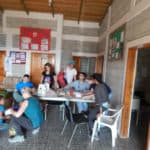
We sometimes look naively upon a just response to inequity and poverty. It would be easy to sit outside the school at Pinares where VCU / Fairfax houses their service team and admire the beauty of majestic mountains. It takes insight, compassion, and even sacrifice to gain the view of a zopilote that flies beyond the mountains with ease. For the doctors, students, translators and volunteers, they brave the rough terrain to make their way to unseen, ignored people who live in poverty. They climb into the beds of pickup trucks, squished in among the bins of medical supplies, and bump along to destinations where most anyone would not dare to go. They stare down the cliffs as they go. They stop when they can go no further with a car because the road has fallen down the mountain. They sling their supplies over their shoulders and into backpacks. Then they walk. Perhaps even as they trek along, they wonder about this odd journey: going south to arrive to the north, and up in order to get down. Then they finally arrive in a little village, a place mostly unknown. Maybe they look up and see a zopilote circling their heads. Perhaps they indulge themselves with a knowing smile.
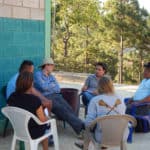
This is how we discover people. We make our way along treacherous journeys. Once again, VCU / Fairfax has made their journey to reach a poor, forgotten, invisible people. The people they have met are happy and grateful for the encounter. For this journey, to have arrived to where the crow flies, everyone has been enriched.


